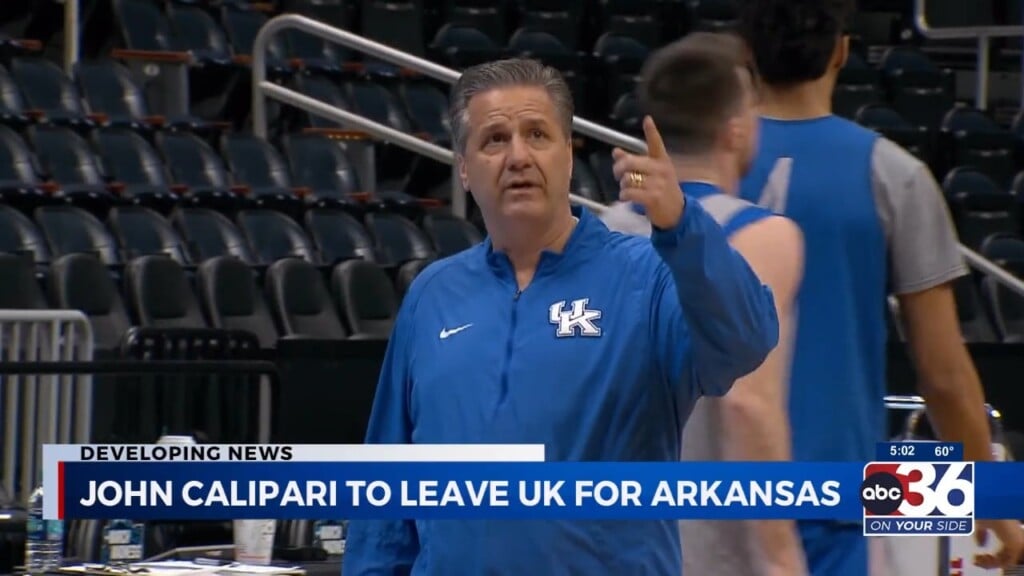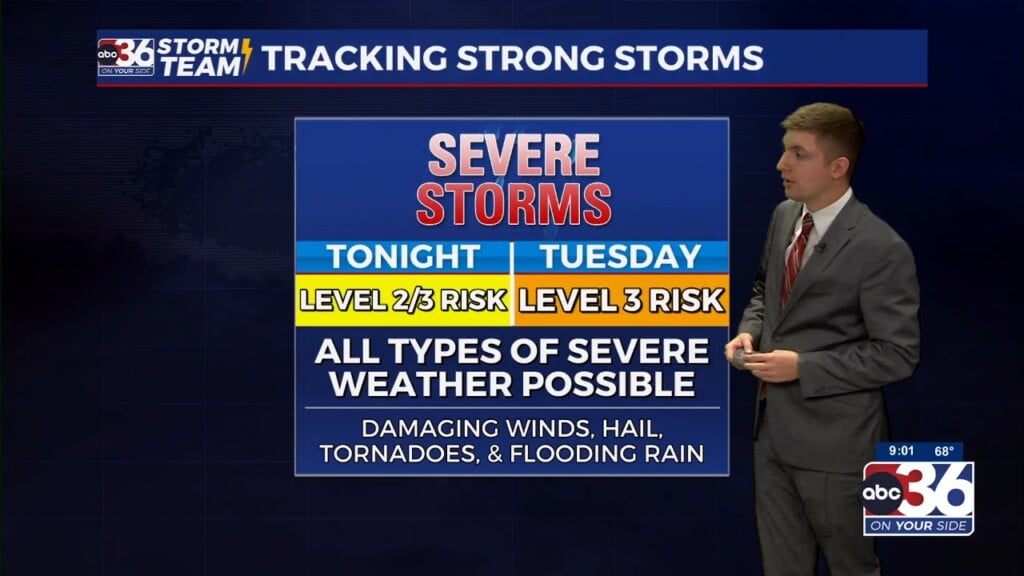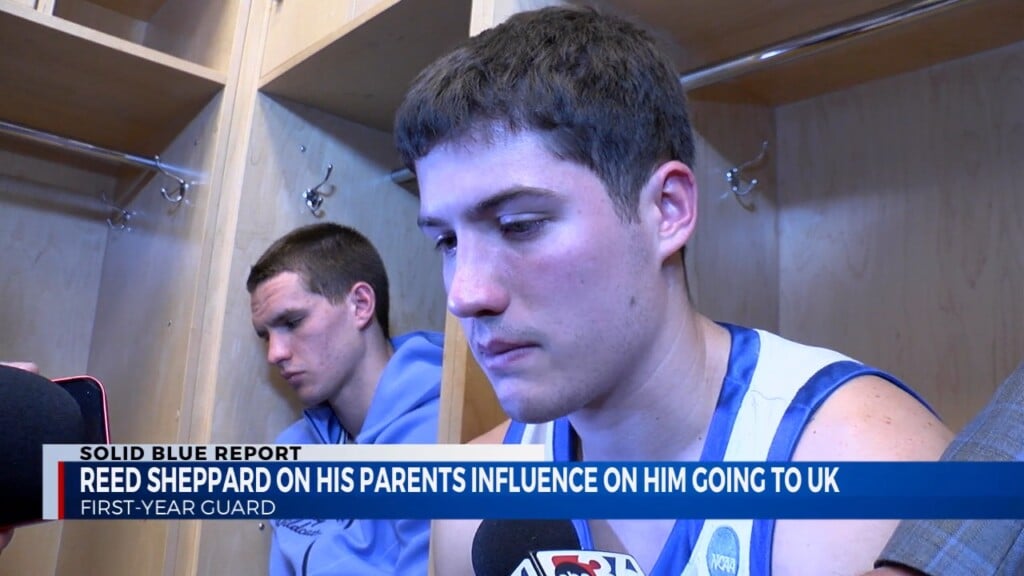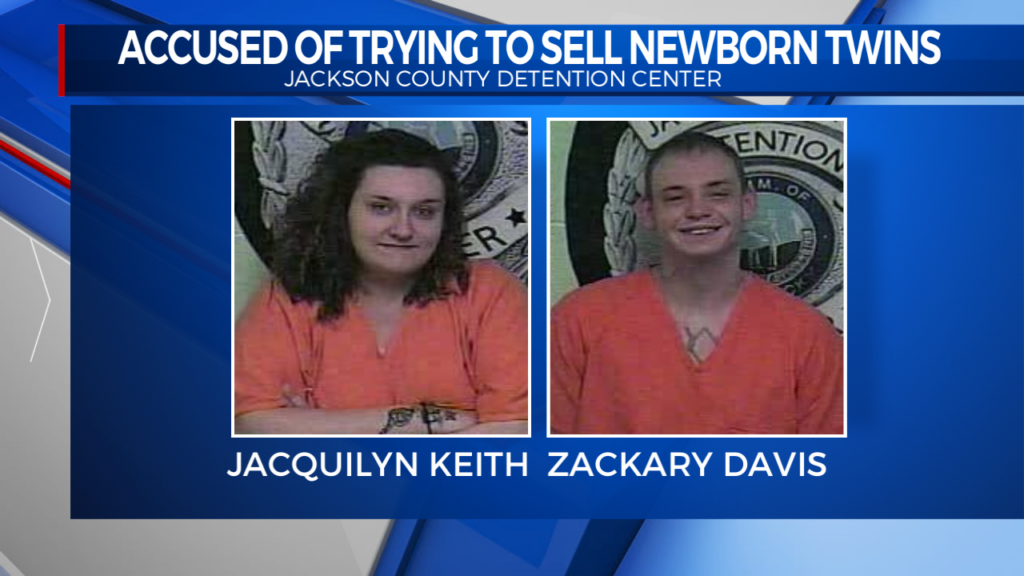Supreme Court upholds governor’s authority to issue COVID orders
FRANKFORT, Ky. (WTVQ) – In a unanimous opinion Thursday, the Kentucky Supreme Court upheld Gov. Andy Beshear’s authority to issue the orders he’s done in an effort to control the spread of the coronavirus in the state.
In the 103-page ruling ( 2020-SC-0313-OA ), the seven-member court overruled injunctions issued by lower courts in the case.
“Plaintiffs and the Attorney General argue that the injunction serves the public interest because the Governor’s orders have caused economic hardships and burdened the constitutional rights of citizens. In their view, the injunction will allow Kentuckians to reestablish control over critical aspects of their lives. We conclude that the greater public interest lies instead with the public health of the citizens of the Commonwealth as a whole,” the court wrote.
“The global COVID-19 pandemic threatens not only the health and lives of Kentuckians but also their own economic interests; the interests of the vast majority take precedence over the individual business interests of any one person or entity. While we recognize and appreciate that the Plaintiffs allege injuries to entire industries in the state, such as the restaurant and childcare industries, the interests of these industries simply cannot outweigh the public health interests of the state as a whole.
“The Governor’s orders were, and continue to be, necessary to slow the spread of COVID-19 and protect the health and safety of all Kentucky citizens. This type of highly contagious etiological hazard is precisely the type of emergency that requires a statewide response and properly serves as a basis for the Governor’s actions under KRS Chapter 39A. Because the law and equities favor the Governor in this matter, it was an abuse of discretion for the trial court to issue the temporary injunction, the court concluded.
The court heard arguments in the case Sept. 17.
The ruling delivered a victory for Beshear, a Democrat, in a legal fight with the state’s Republican attorney general, Daniel Cameron, over the breadth of the governor’s emergency powers. The court’s decision comes amid Kentucky’s worst outbreak of the virus since the pandemic began.
In a media briefing Thursday morning, the governor, declaring he is “done with politics,” said it was “a clear, unambiguous message” for the state.
“Politics has no place” in the fight against the virus because “the virus doesn’t care,” he continued, noting if th ruling had gone the other way it would have “eliminated every single safeguard.”
“The last thing we need to be doing is fighting each other,” he stated in a veiled reference to Cameron, state Agriculture Commissioner Dr. Ryan Quarles and some other Republican leaders who were involved in the lawsuits and have opposed Beshear’s actions.
“There’s no political game…now is the time to let’s all be supportive,” he continued, calling it a “win for every Kentuckian” and urging Kentuckians to follow the health and safety guidelines in place.
“It is an opportunity to get this virus under control, but it won’t happen unless we take some action” as individuals, he said.
When asked, the governor continued to maintain he wasn’t planning more orders or mandates.
“Compliance is our major issue,” he said, noting such things as enforcement need to be improved. He noted Louisville stepped up enforcement this week and he is talking with another local government on similar moves.
As for his relationship with the Legislature, he admitted, “I always can do better.” He promised to increase outreach, but also said it needs to be a two-way street.
The political elements weren’t lost on groups.
“Gov. Andy Beshear has led by example and with compassion during the COVID-19 pandemic. We’re thankful the Kentucky Supreme Court unanimously upheld the Governor’s authority to take steps to stop COVID-19 and save Kentucky lives. As cases are spiking, it is reassuring that the governor’s very popular — and now confirmed to be absolutely legal — measures to protect Kentuckians will stay in place. Hopefully, Daniel Cameron, Ryan Quarles and other Kentucky Republicans will finally do the right thing, and stop playing politics with this virus and work with the governor to keep Kentucky safe,” said Ben Self, chair for the Kentucky Democratic Party.
But Republicans took a different approach, saying the ruling was an indicator they needed to change legislation.
“We are currently reviewing today’s decision and will refrain from commenting directly on it. However, it appears that the Court’s opinion provides further evidence of the great need to better define emergency powers granted by previous legislatures. Ultimately, the real issue is what can be done to ensure that the actions taken under a state of emergency follow the appropriate process, include necessary input, and provide consistent and logical guidance,” House Speaker David Osborne said.
The Supreme Court ruled the governor’s orders are necessary to slow the spread of COVID-19, saying the pandemic “is precisely the type of emergency that requires a statewide response and properly serves as a basis for the governor’s actions” under state law.
During a September hearing before the state’s high court, Beshear’s attorney said the governor’s actions complied with the law and saved lives from the ongoing COVID-19 threat. Cameron’s attorney said Beshear overstepped his constitutional authority.
PREVIOUS STORY POSTED SEPT. 17, 2020
FRANKFORT, Ky. (AP) — Kentucky’s Supreme Court heard arguments Thursday in a high-stakes case testing the legality of Gov. Andy Beshear’s orders to control the coronavirus outbreak by restricting public behavior.
During the hearing that lasted more than an hour, Beshear’s attorney said the Democratic governor’s actions complied with the law and saved lives from the ongoing COVID-19 threat. An attorney for Republican Attorney General Daniel Cameron countered that Beshear overstepped his constitutional authority.
At stake are a multitude of Beshear’s orders that include restricting the number of children in day cares and crowd sizes at public events. Also on the line could be the order requiring most people to wear masks in public. But even after the pandemic ends, the historic case figures to have long-term effects on the reach of a Kentucky governor’s executive power in times of crisis.
“Their claims seek to wipe out the health requirements related to coronavirus while coronavirus is still ongoing,” she said.
The struggle to protect executive power marks a dramatic role reversal for Beshear, who as attorney general repeatedly challenged the authority of his predecessor, Republican Gov. Matt Bevin, to take action unilaterally. But Buckner, who is also Beshear’s chief of staff, argued that Beshear’s orders were justified by the dangers posed by the coronavirus.
Those actions — based on guidance from leading federal public health experts — were targeted at slowing the virus’s spread, she said.
“And while sadly we’ve lost over 1,000 Kentuckians to the virus, we know that these measures have worked,” Buckner said. “They helped lessen the impact across the state.”
State Solicitor General Chad Meredith, representing Cameron, countered that Beshear has “unilaterally created his own legal code” with his order.
“For going on seven months now, the governor has been issuing executive orders to control breathtaking aspects of the citizens’ private lives in Kentucky,” Meredith said.
“Over 800 pages of executive orders and memoranda,” he added. “And they keep coming. That’s incompatible with the rule of law in a republic.”
Meredith acknowledged the governor’s sincerity in trying to protect the public, but said that doesn’t justify his unconstitutional actions.
The case originated in northern Kentucky, where a child-care center, an auto race track and a bakery challenged the governor’s COVID-19 orders. In July, the state Supreme Court stepped into the dispute by halting any lower court orders blocking Beshear’s actions pending its own review.
Christopher Wiest, a lawyer for the northern Kentucky businesses, said the governor has authority to enact “reasonable” public health restrictions to combat disease through administrative regulation. That action can be as emergency regulations taking effect immediately, he said, but he argued that Beshear instead took a course giving him “almost unchecked” power.
Buckner countered that the governor was following the authority given him by state law to take the executive actions. Beshear’s orders are similar to actions taken by other governors, she said.
A ruling against Beshear would have broader ramifications, restricting his and his successor’s ability to respond to other emergencies such as floods and ice storms, she said.
Speaking with reporters shortly after the hearing, Beshear denounced the legal challenge as “reckless and irresponsible,” threatening to weaken the state’s ability to fight the virus. At a briefing Wednesday, he said: “It’s pretty simple, if they win, more people are going to die.”
Cameron, who is seen as a rising GOP star, said afterward in a release that state laws don’t “allow for the broad, arbitrary, and long-term actions put in place by the governor since early March.”
“While some new policies and guidelines are needed to slow the spread of the disease and ensure Kentuckians adhere to recommended health guidelines, these policies must strike a necessary balance between public health and protecting the constitutional rights of Kentuckians,” he said.
The legal showdown drew a group of people to the state Capitol lawn to protest the governor’s orders. Few wore masks and some toted firearms, the Courier Journal reported. They had mostly dispersed by the end of the court hearing.
It’s not known how long it will take the Supreme Court to rule in the case.
During his term as attorney general, Beshear filed a series of lawsuits challenging some of Bevin’s executive actions, including the replacement of members of state boards and commissions. Beshear narrowly defeated Bevin in last year’s gubernatorial election.




Leave a Reply